Going global? Study Tata Steel first
All Indian companies planning to go global should closely follow the saga of Tata Steel’s UK plants; it’s a masterclass on how intimately business is intertwined with geopolitics and geoeconomics
 Courtesy: Wikipedia
Courtesy: Wikipedia
All Indian companies planning to go global should closely follow the saga of Tata Steel’s UK plants; it’s a masterclass on how intimately business is intertwined with geopolitics and geoeconomics
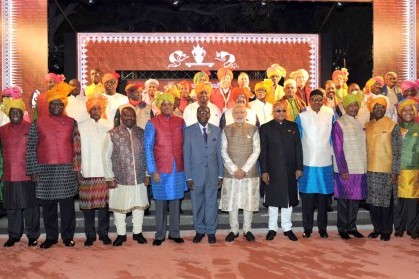 Courtesy: MEA / Flickr
Courtesy: MEA / Flickr
India has hosted a plethora of India-Africa conferences, expressing commitment to deepen mutual cooperation. It is further expected that the president, vice president, and prime minister may visit Africa this year, to follow up actively. Indeed, a senior official predicts Africa will even become “the diplomatic flavour in 2016”. An analysis.
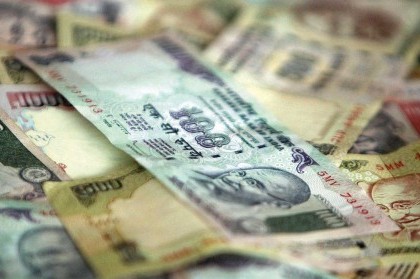 Courtesy: Pixabay
Courtesy: Pixabay
What should the 2016-17 Union Budget in the pipeline propose for India’s fiscal stance? Is there a growth-oriented case to raise public investment and the deficit target above the planned fiscal consolidation? A review in the right global and regional context.
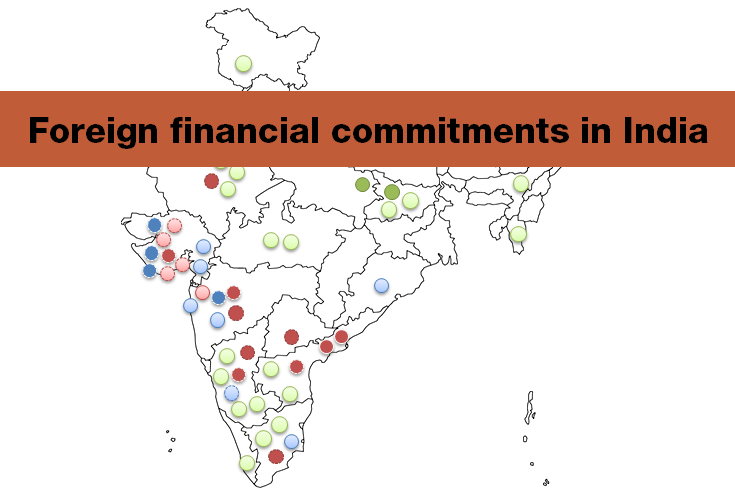 Courtesy: Gateway House
Courtesy: Gateway House
Prime Minister Narendra Modi’s extensive foreign visits have drawn $214 billion in new investment commitments into India. Gateway House has meticulously tracked these financial commitments, which have come from three sources: foreign government investments, private foreign investments and multilateral investments.
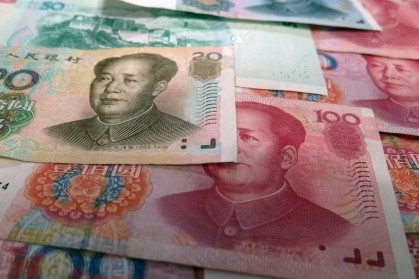 Courtesy: Pixabay
Courtesy: Pixabay
China’s stock market has tanked over 20% in January 2015. More than the fall in the stock market, it is the reaction of the Chinese authorities that suggests bigger problems.
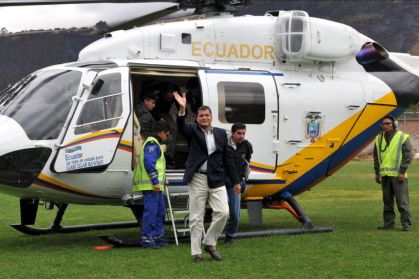 Courtesy: Presidencia Ecuador / Flickr
Courtesy: Presidencia Ecuador / Flickr
The Ecuadorian president’s first-ever state visit to India this month was cancelled, possibly because four of seven helicopters supplied by HAL to Ecuador have crashed. But this hurdle can be overcome, and ties between the two countries can expand beyond defence and oil to sectors such as pharma, IT, and agribusiness.
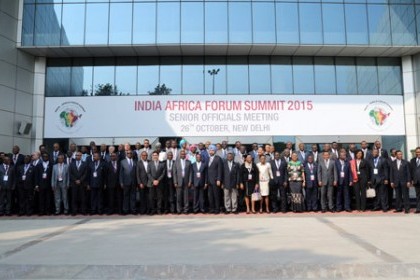 Courtesy: MEA
Courtesy: MEA
The U.S. is urging India to alter its IPR regime, and the potential impact on prices in the pharmaceuticals sector is of concern to African countries that depend on India for low-cost generic medicines. The recent India-Africa Forum Summit in New Delhi sought to address this issue, but it will be a challenge for India to balance competing pressures.
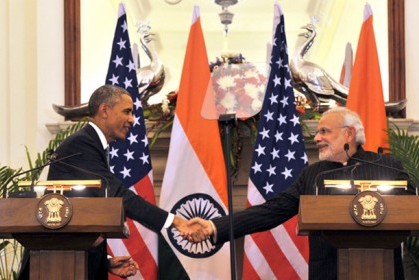 Courtesy: Wikipedia
Courtesy: Wikipedia
Modi’s second visit to the U.S. in September indicates a growing partnership in such areas as business, technology, and climate change. Though gaps too remain—for example, India is not part of the TPP and its bid for a UNSC seat is on hold—for now, it is time to consolidate bilateral meeting points, and India can start by simplifying its trade policy and tariff structure
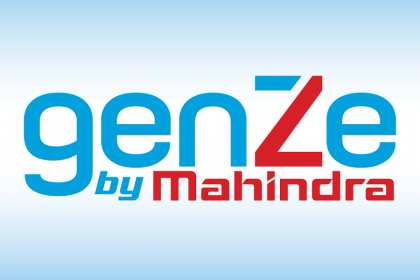 Courtesy: GenZe
Courtesy: GenZe
The following is an excerpt from the book 'India-U.S:$1 trillion by 2030' by Nish Acharya, Visiting Fellow at Gateway House
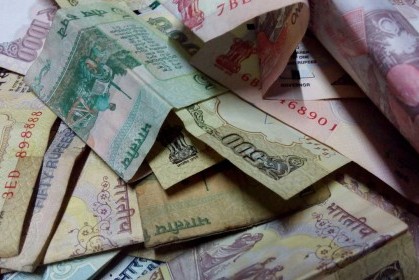 Courtesy: itkannan4u/pixabay
Courtesy: itkannan4u/pixabay
External integration—which the Trans Pacific Partnership and the Regional Comprehensive Economic Partnership will generate—has policy implications that India must manage well and quickly. As a first step, India can introduce the GST, among other measures, in order to become a more unified domestic economy.